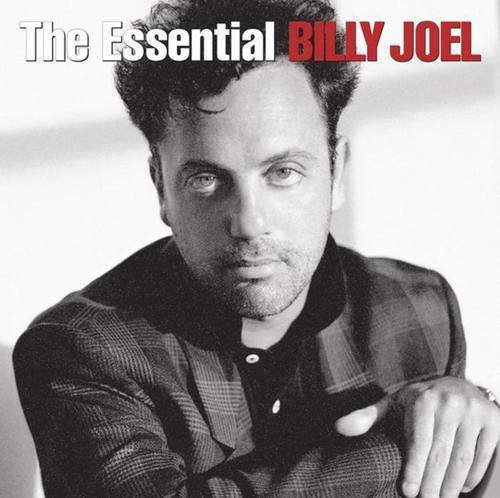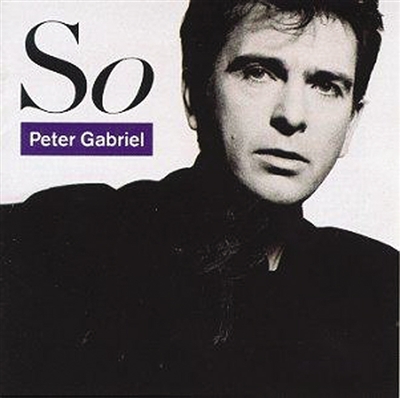Peter Gabriel 80s: The Evolution of a Musical Icon
Guide or Summary:Peter Gabriel's Early CareerPeter Gabriel 80s: Breakthrough AlbumsPeter Gabriel 80s: Theatrical Performances and Visual ArtistryPeter Gabri……
Guide or Summary:
- Peter Gabriel's Early Career
- Peter Gabriel 80s: Breakthrough Albums
- Peter Gabriel 80s: Theatrical Performances and Visual Artistry
- Peter Gabriel 80s: Legacy and Influence
In the vibrant tapestry of the 1980s music scene, few artists stood out as distinctly as Peter Gabriel 80s. Known for his innovative sound and theatrical performances, Gabriel transformed the landscape of popular music during this era. His journey from the frontman of Genesis to a solo superstar is a compelling story of artistic evolution and cultural impact.
Peter Gabriel's Early Career
Before diving into the 80s, it's essential to understand Gabriel's roots. He first gained fame as the lead singer of Genesis, a progressive rock band that pushed musical boundaries. However, by the late 1970s, Gabriel decided to embark on a solo career, seeking to explore new creative avenues. His self-titled debut album, released in 1977, showcased his eclectic style and set the stage for his future endeavors.

Peter Gabriel 80s: Breakthrough Albums
The 1980s marked a significant turning point for Gabriel. His third album, commonly referred to as "Melt" due to its iconic cover art, was released in 1980. This album featured hit singles like "Games Without Frontiers" and "Biko," both of which highlighted Gabriel's ability to blend thought-provoking lyrics with captivating melodies. The 1980s also saw the release of "Security" (1982), an album that further solidified his status as a pioneer of world music and art rock.
Gabriel's music during this decade was characterized by its experimental nature. He incorporated various musical styles, including world music influences, into his work. The use of innovative production techniques and instruments set his sound apart from his contemporaries. Songs like "Shock the Monkey" became anthems of the era, showcasing his unique ability to fuse catchy hooks with socially conscious themes.
Peter Gabriel 80s: Theatrical Performances and Visual Artistry
In addition to his musical innovations, Peter Gabriel 80s was also known for his theatrical live performances. He brought a visual element to his concerts that was rare for rock artists at the time. His use of elaborate costumes, striking visuals, and multimedia elements created an immersive experience for audiences. Gabriel's performances were not just concerts; they were artistic statements that blurred the lines between music, theater, and visual art.

One of the most notable aspects of Gabriel's artistry was his willingness to challenge societal norms. He often addressed political and social issues in his music, using his platform to raise awareness about human rights and cultural diversity. The song "Biko," a tribute to anti-apartheid activist Steve Biko, exemplified this commitment to social justice and resonated deeply with listeners around the world.
Peter Gabriel 80s: Legacy and Influence
As the decade progressed, Gabriel's influence on the music industry became increasingly evident. He paved the way for future artists to experiment with sound and visuals, inspiring a generation of musicians to push creative boundaries. His work in the 80s laid the groundwork for the rise of alternative rock and the incorporation of world music elements into mainstream pop.
In conclusion, Peter Gabriel 80s represents a transformative period in the career of a musical innovator. His ability to blend diverse musical styles, tackle pressing social issues, and create visually stunning performances set him apart from his peers. As we reflect on the legacy of Peter Gabriel, it's clear that his contributions to music and culture during the 1980s continue to resonate today, influencing countless artists and captivating audiences around the world. Whether through his thought-provoking lyrics or groundbreaking performances, Gabriel remains a quintessential figure in the annals of music history.
